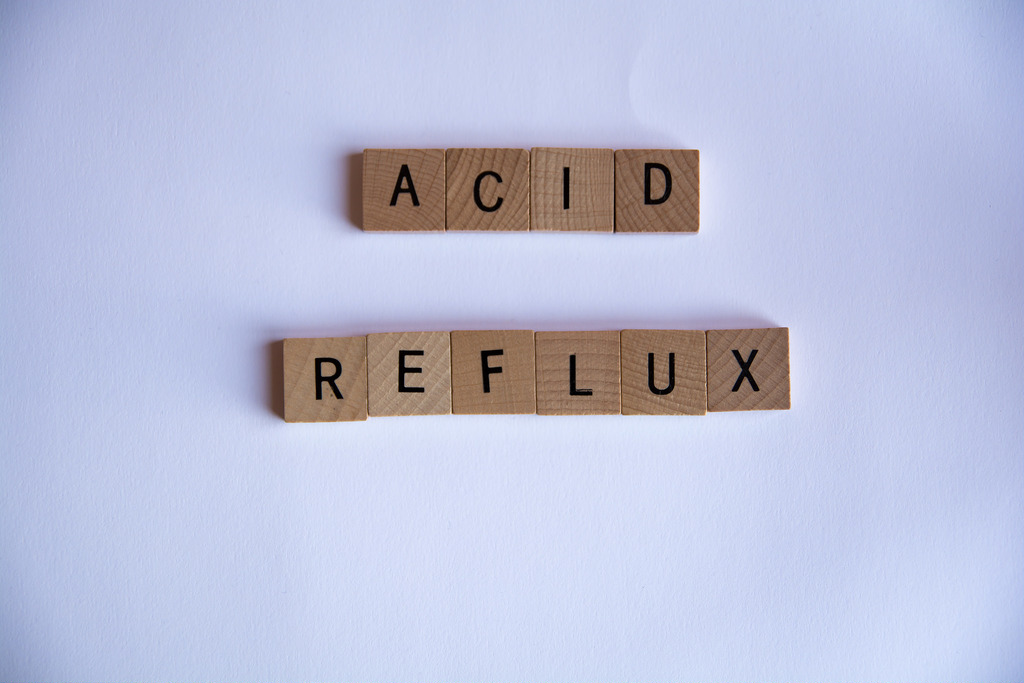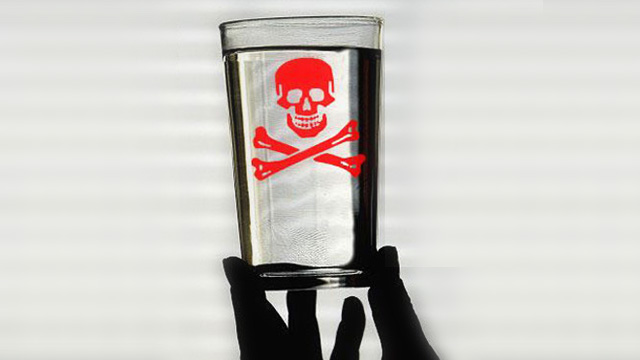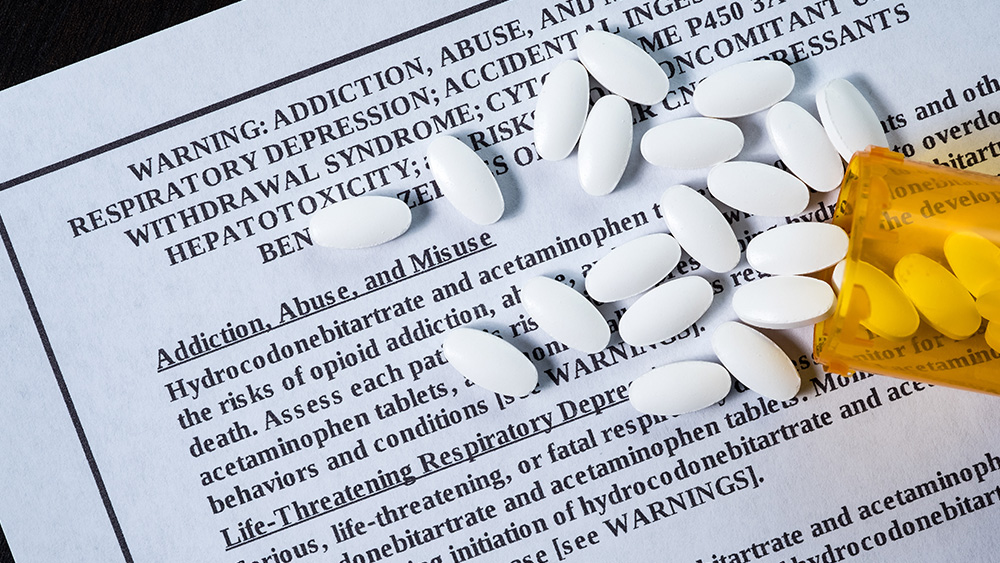Exposure to “safe” levels of BPA during pregnancy found to alter brain development, behavior
04/24/2018 / By Janine Acero

A new study provides an explanation for how exposure to bisphenol A (BPA) during pregnancy can affect brain development and behavior of the unborn child later in life, even at levels lower than the regulated “safe” human exposure level.
BPA is a widely used chemical in a variety of plastic products, such as water bottles, can liners, store receipts, and food containers. It is known as an endocrine-disrupting chemical – a chemical that interferes with the body’s hormones.
Lead researcher Dr. Deborah Kurrasch, an associate professor at the University of Calgary in Canada, said that decades of research on animal and human models alike have associated BPA exposure with adverse health effects.
“This is especially true for the developing brain, which is particularly sensitive to the estrogen-promoting effects of BPA during gestation,” said Kurrasch. “Indeed, several human studies have now correlated early life BPA exposure with behavioral problems later in childhood, suggesting BPA permanently alters brain development that leads to lasting effects on neural functioning.” (Related: BPA, found in plastic water bottles, linked to abnormal brain development in fetuses … Mothers BEWARE.)
However, many government agencies, including the U.S. Food and Drug Administration (FDA), declare BPA as safe. Kurrasch remarked that their study is the first one to delve into the connection between defective brain development and BPA exposures at environmentally relevant doses, “and show exposure to the chemical during brain development can affect the timing of the birth of nerve cells, or neurons.”
The power of the elements: Discover Colloidal Silver Mouthwash with quality, natural ingredients like Sangre de Drago sap, black walnut hulls, menthol crystals and more. Zero artificial sweeteners, colors or alcohol. Learn more at the Health Ranger Store and help support this news site.
For the study, the researchers analyzed three groups of pregnant mice; one group was fed a diet with high doses of BPA, a second group was fed with low levels of BPA, and the last group ate food without any BPA. Results showed an increase in the number of neurons created during early development in the mouse offsprings exposed to high and low levels of BPA during gestation, compared with those not exposed to BPA. This is an important finding according to the researchers, as specific neurons are known to “be born at a very distinct time points,” and if the neurons were created early, they will “migrate to the wrong place and form the wrong connections.”
“These findings start to provide a rationale as to how BPA might affect developing brains,” Kurrasch said.
Furthermore, the findings showed that the mice that were exposed to high and low doses of BPA during gestation showed some behaviors that match those exhibited by human children whose mothers were also exposed to levels of BPA during pregnancy.
“These findings suggest that gestational exposure to BPA can lead to lasting and permanent changes in the brain,” Kurrasch said.
Kurrasch further noted that “the public is becoming well educated on the debate surrounding BPA safety, as well as other chemicals.”
This research could provide significant insight on what mothers should avoid to protect their babies from harmful chemicals that could affect the development of their brains.
Common items that contain BPA
Protect yourself and your family from the dangers of exposure to plastics by avoiding the following products that usually contain BPA:
- Water bottles – Use metal or glass bottles, and don’t store or microwave food in hard plastic containers.
- Food and beverage cans – Many cans are lined with a protective resin that contains BPA. Choose the frozen, dried or fresh versions of the canned foods you normally consume, or look for them in glass containers. Acidic items like canned tomato products, fruits, and soda leach more BPA than low-acid foods.
- Thermal papers – Store receipts, as well as ATM, cash register, credit card, and other receipts contain BPA that’s easily transferred to our skin when we handle them.
- Other polycarbonate plastics – Skip hard plastic toys and teethers, and throw away all plastic baby products. If you should use a plastic container, choose the ones made from #2, #4, and #5 plastics, which are considered safer, and glass and ceramic are even better.
Head over to Health.news for more on the adverse health effects of BPA and other plastics.
Sources include:
Tagged Under: bisphenol A, BPA, brain development, brain function, chemicals, contamination, Endocrine disruptors, food packaging, hormones, infant's health, plastics, pregnancy, pregnant women, toxins, women's health




















